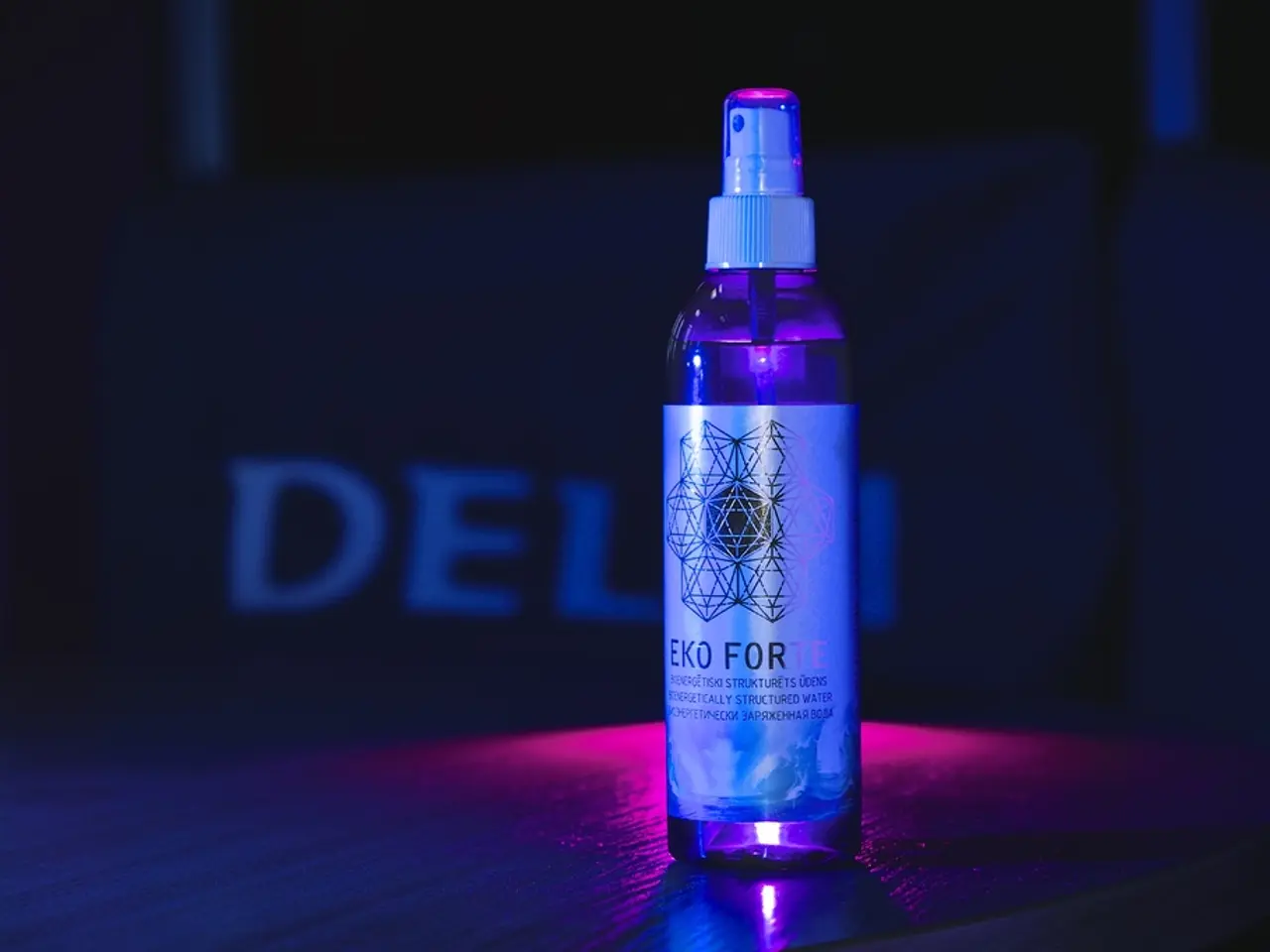Homeopathy Explained: A Look into Its Efficiency
=================================================================
Homeopathy, a system of medicine developed by Dr. Samuel Hahnemann in the late 18th century, remains popular worldwide despite ongoing debates about its effectiveness and safety. Approximately 6 million people in the United States used homeopathy in the prior year, according to the National Institute of Health's 2012 Health Interview Survey.
The practice of homeopathy is based on the principle of "s*imilia similibus curantur", or "likes are cured by likes". Homeopathic doctors dilute or weaken an ingredient by adding water or alcohol, and then shake the mixture (potentiation) to activate its properties. Common potency or strength of a homeopathic remedy is 200c, which means one part of the tincture is diluted with 99 parts water or alcohol 200 times.
Despite its widespread use, multiple scientific assessments conclude that homeopathy shows no reliable clinical benefits beyond placebo effects. Any perceived improvement is attributed to placebo response rather than pharmacological action. The UK mental health charity Mind states there is no evidence to support homeopathy’s ability to treat any health conditions, and the FDA has not approved any homeopathic products for safety or effectiveness due to lack of convincing evidence.
Contrary to the common perception that homeopathy is inherently safe due to high dilutions, research finds that some homeopathic remedies contain harmful substances such as undisclosed heavy metals, ethanol, bioactive plant chemicals, and industrial solvents. These pose potential risks including allergies, organ toxicity, and even fatal events. A recent comprehensive study highlights serious adverse effects arising from contaminants and the lack of transparency in labeling. The FDA has begun enforcing stricter regulations in light of these safety concerns.
Homeopathy is used to treat a wide variety of conditions such as allergies, depression, rheumatoid arthritis, and premenstrual syndrome. However, it should never be used as a replacement for standard immunizations. If considering taking any form of a supplement, you should speak with a physician first.
It's important to note that homeopathy is different from naturopathy, which combines various treatments including lifestyle changes, herbal supplements, exercise therapy, and psychotherapy. Naturopathic physicians are trained through a four-year graduate level program at certified naturopathic medical schools.
Critics of homeopathy suggest that any results or outcomes are due to the placebo effect. Arnica, a common ingredient used in homeopathy, is often used to treat bruises, sprains, and muscle soreness, but its effectiveness is still a topic of debate. Homeopathy shouldn't replace conventional care - don't put off a visit to your doctor if you have a medical concern.
In summary, scientific evidence indicates homeopathy is comparable to placebo in efficacy and carries potential health risks related to contamination or mislabeling. Regulatory bodies caution against relying on homeopathic products for medical treatment, particularly for serious conditions, recommending consultation with healthcare professionals instead.
Incorporating homeopathy into a holistic health-and-wellness lifestyle might not deliver confirmed clinical benefits, as multiple scientific assessments suggest its efficacy may be merely comparable to placebo effects. Conversely, the practice of homeopathy could potentially pose risks due to the presence of harmful substances in some remedies, such as undisclosed heavy metals and ethanol.




